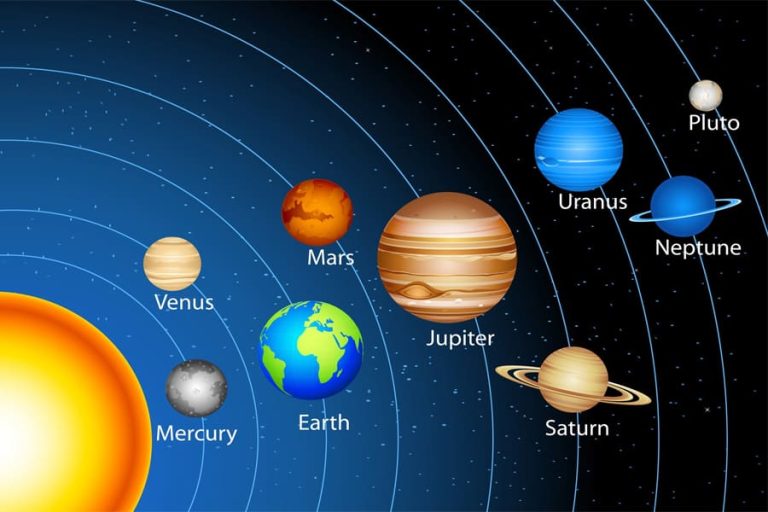Researchers are increasingly focusing on the brain’s glymphatic system—an internal “cleaning mechanism” that, according to mouse experiments, is most active during sleep. It removes toxins, including amyloid beta, a protein whose accumulation is associated with Alzheimer’s disease, from the intercellular spaces of the brain into the blood, according to The Conversation.
Recent human experiments confirm that one night of complete sleep deprivation increases amyloid levels in the hippocampus, a brain region important for memory. This suggests that sleep helps “cleanse” the brain and may reduce the risk of cognitive decline.
Sleep problems such as sleep apnea or insomnia can disrupt this process. With sleep apnea, a person’s breathing is interrupted during sleep, leading to chronic sleep deprivation and decreased oxygen levels.
Studies link sleep apnea to an increased risk of dementia, and treating the disorder improves the brain’s ability to clear toxins. The effect of insomnia treatment is still being studied.
Scientists continue to seek answers to key questions: whether improving sleep or treating sleep disorders helps reduce toxin accumulation and prevent the development of dementia. For example, studies are underway to examine the effects of sleep apnea treatment and new insomnia medications on amyloid and tau protein levels in the blood and brain.
There are no definitive recommendations yet, but data confirms the importance of quality sleep for brain health. Experts recommend that people with concerns about sleep or cognitive function consult a doctor.
This field of science is rapidly developing, and understanding the role of sleep in dementia prevention could be an important step in the fight against it.




